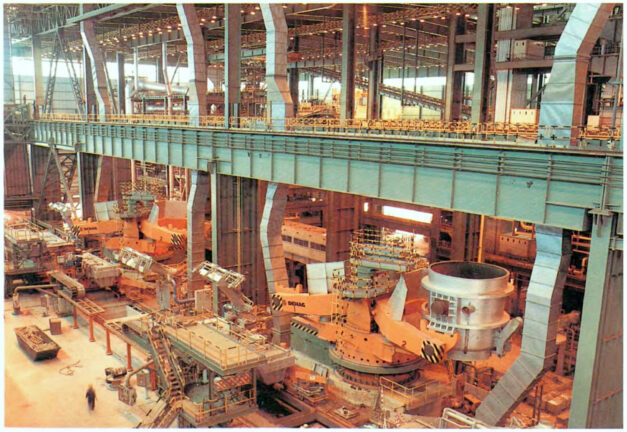The European Parliament on Thursday 19 June adopted resolution responding the Commission’s Clean Industrial Deal plan. It stresses the need to combine climate action with industrial competitiveness and underscores the importance of the newly established Industrial Decarbonisation Bank.
MEPs advocate for the protection of the EU market from unfair competition and the dumping of industrial overcapacity from third countries. They underline the importance of an effective carbon border adjustment mechanism (CBAM) in the context of phasing out free allowances under the emissions trading system (ETS).
The resolution addresses the importance of regulatory simplification and the need to streamline permission procedures to support the transition and innovation efforts of small businesses. It calls for simpler funding applications, reduced reporting obligations, and the fast-tracking of small projects.
The Clean Industrial Deal offers a strategy for a competitive and decarbonised European industry. – MEP Tom Berendsen (EPP/NE)
MEPs support the Affordable Energy Action Plan and demand measures to boost cross-border energy infrastructure and complete the energy union. The current fragmentation of regulatory oversight and investment planning across member states is hampering integration and electrification. MEPs also call on member states, transmission system operators and the Commission to do more to promote cross-border electricity trading.
In focus: energy-intensive industries and clean technologies
“European industry is facing enormous challenges, while a strong industrial base is essential for our competitiveness and strategic autonomy. The Clean Industrial Deal offers a strategy for a competitive and decarbonised European industry (…) We urge the Commission to act without delay and raise its level of ambition. When it comes to industrial policy, European cooperation is more crucial than ever” said MEP Tom Berendsen (EPP/NE).
In February 2025, the European Commission published the Clean Industrial Deal in an effort to support the competitiveness and resilience of European industry. It focuses mainly on two sectors: energy-intensive industries (e.g., production of chemicals or steel) and clean technology. It also aims to lower energy costs via the Affordable Energy Action Plan. The Clean Industrial Deal also seeks to boost demand for clean products, further finance the clean transition and improve circularity, access to critical raw materials and the establishment of sectoral skills for strategic industries.











